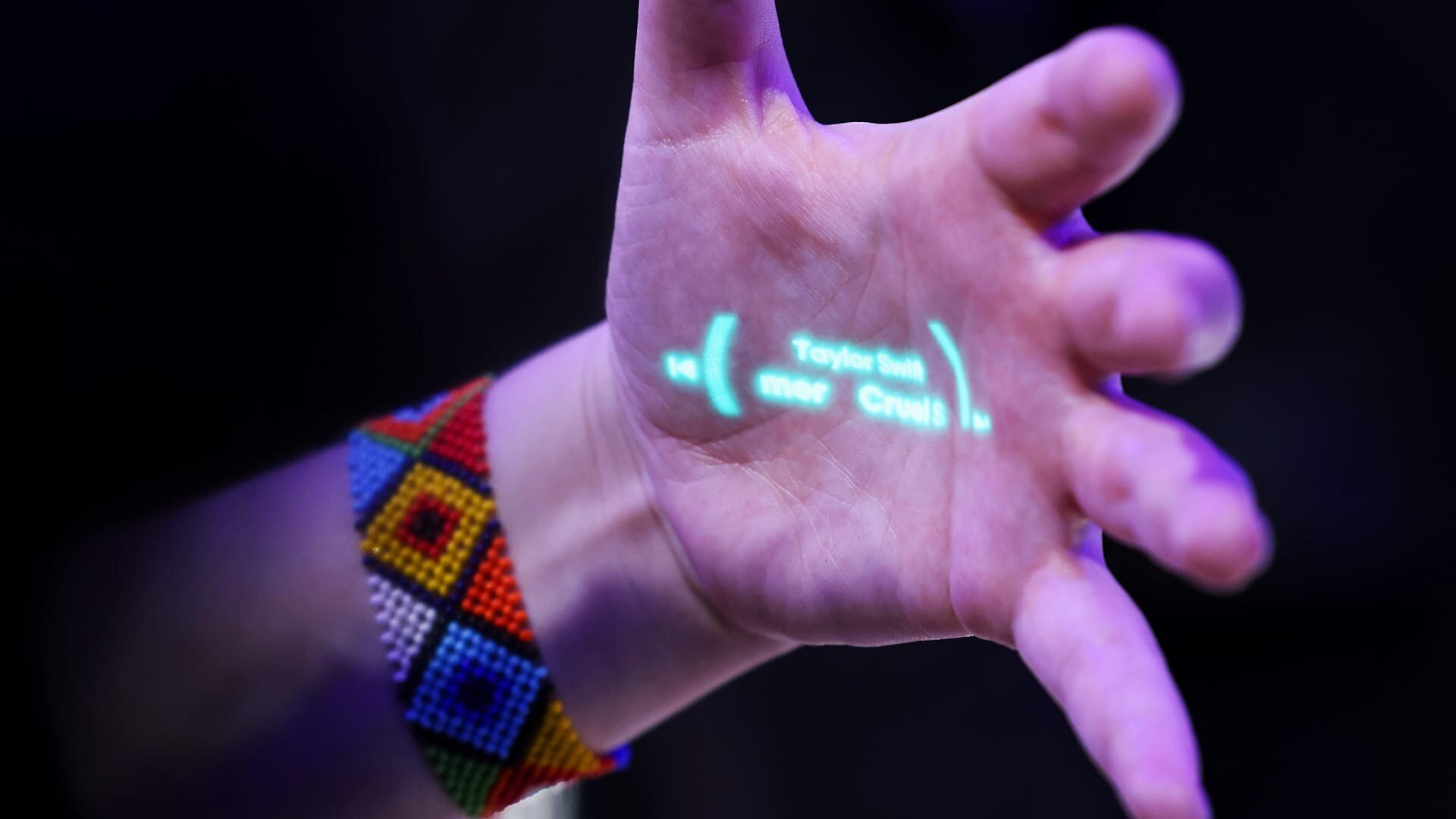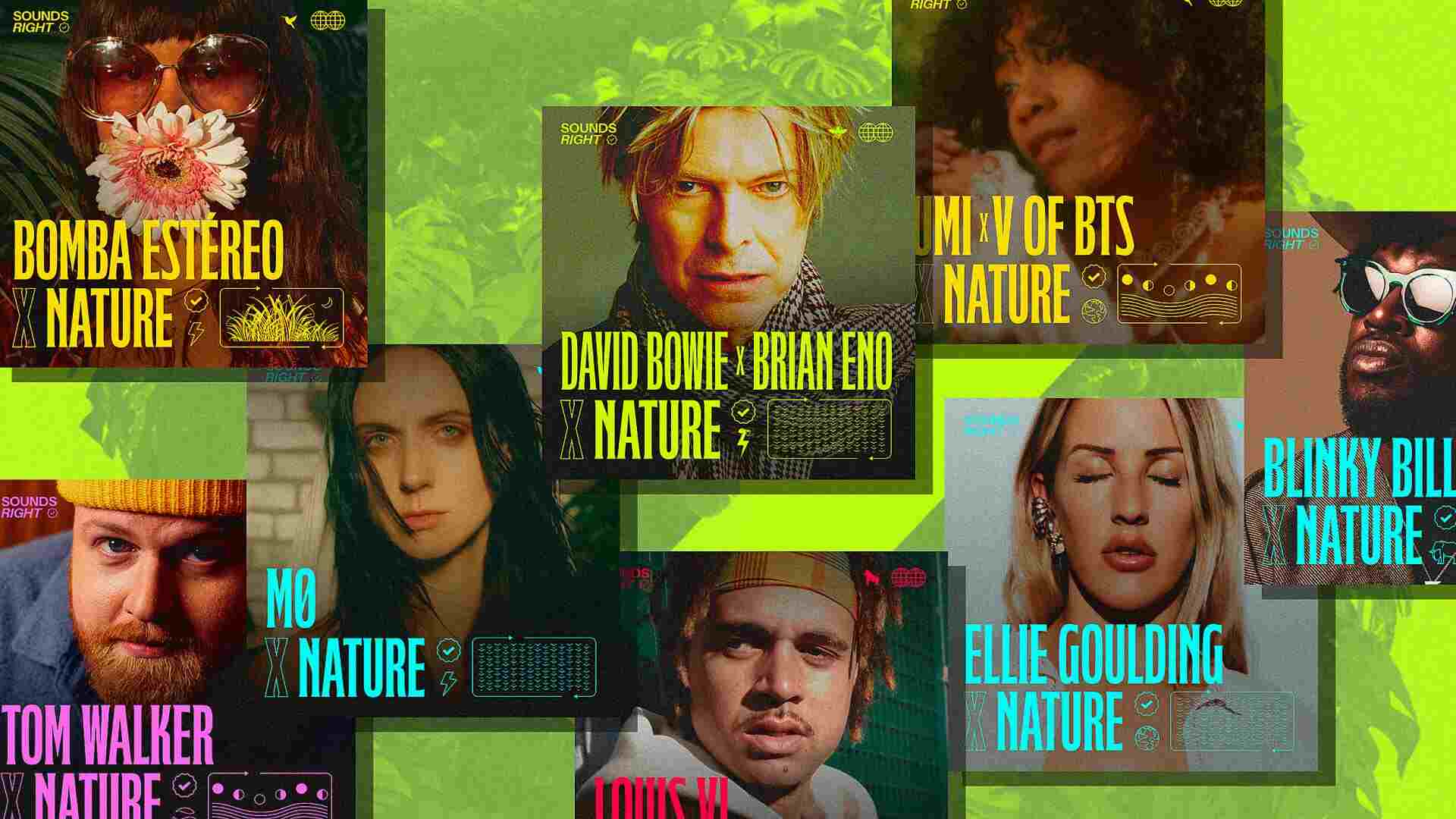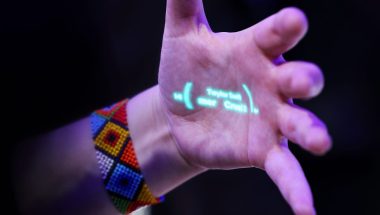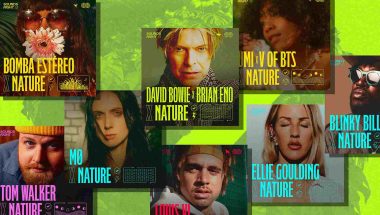- | 1:00 pm
Why marginalized creators are feeling invisible online
Discoverability is crucial to any creator’s online career. But what happens when the algorithms powering discoverability seem to be working against you?
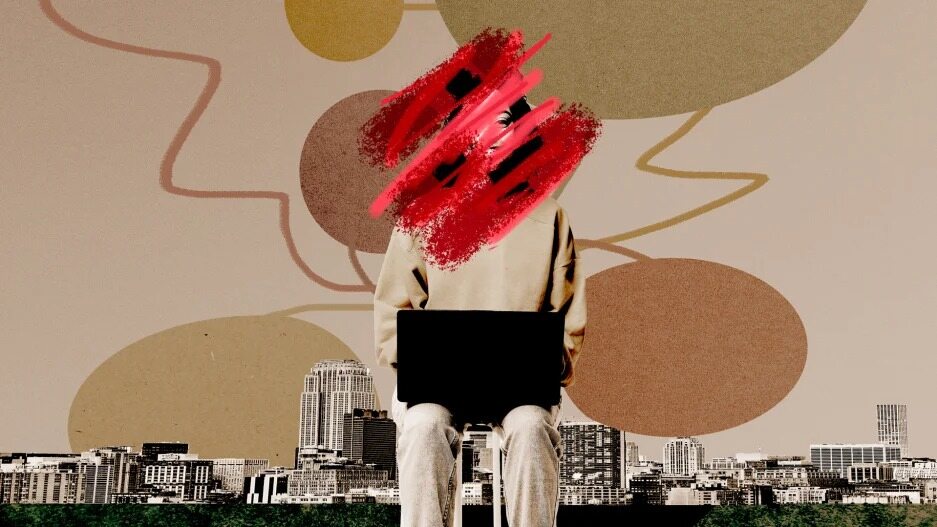
People say success in the creator economy is democratized. If you put in the work and stay consistent, you’ll find your audience and revenue. That may be true for some—however, for many marginalized creators success often feels like a steeper hill to climb than it should be.
Take for example trans creator Adea Danielle. Last year, she noticed her TikTok follower count seemed stuck at 500,000 with people messaging her saying they had to re-follow her or that they weren’t seeing her content as frequently if at all anymore. Things culminated with Danielle being locked out of her account for no apparent reason.
“I had done nothing wrong,” Danielle says in an episode of Fast Company’s podcast Creative Control. “I had never violated anything and [customer support] wouldn’t talk to me. I felt like they were ignoring me.”
Following a BuzzFeed article detailing her and other trans creators’ similar experiences on the platform, Danielle’s account was reinstated with TikTok assuring they don’t remove content or accounts based on gender identity.
But this wasn’t the first time marginalized creators have felt targeted on TikTok.
In 2019, TikTok admitted to suppressing videos from disabled, queer, and fat creators which they later said was done to mitigate cyberbullying. Last year, TikTok users started noticing censorship of the phrase “Asian women,” which the platform later stated was an error. Also last year, creator Ziggi Tyler uploaded a video showing how he was denied from putting in phrases like “Black people” or “Black voices” in his creator marketplace bio, the platform’s hub for pairing creators with brands. However, phrases like “white supremacy” were allowed.
In a statement to Fast Company, a TikTok spokesperson said phrases such as “Black Lives Matter” or “Black success” don’t violate any policies. They were erroneously flagged for Tyler because he had the word “audience” in his paragraph. TikTok’s hate speech safeguard detected the word “die” in the word “audience.” And coupled with Black” and “people” in the same paragraph, it thought it was hate speech content. According to the spokesperson, that level of overcorrection has since been fixed.
It’s clear there’s an issue of content specifically from marginalized creators being flagged or suppressed, regardless of the reason. To what extent it’s happening and how it affects creators is something Brooke Duffy, an associate professor at Cornell University, has been researching. Duffy published a paper earlier this year digging into how algorithms on social media platforms can render some creators practically invisible.
“I would say in a word it’s precarious,” Duffy says of the relationship between certain creators and platforms. “There’s this meritocratic framing [that] if you have engaging and unique and original content, you can get seen. But at the same time I found that this entire ecosystem is just shrouded in uncertainty.”
Duffy unpacks that uncertainty and in Creative Control’s episode “Why marginalized creators are feeling invisible online.” You’ll also hear from Andrea Brown, a tech entrepreneur working to institute more inclusive algorithmic content moderation through her company Reliabl. To Brown, it’s not about whitewashing the internet—it’s providing enough context so content isn’t erroneously flagged.
“[Platforms are] trying to convince marginalized users is there’s not a middle way. They’re trying to say, ‘This is the way the internet is, sorry,’” Brown says. “But the reality is there is another way that involves bringing feminist theory, that involves bringing black studies, that involves bringing all these philosophies that we know work to help you distinguish between empowerment and exploitation. But to bring those into moderation systems is gonna be work.”












